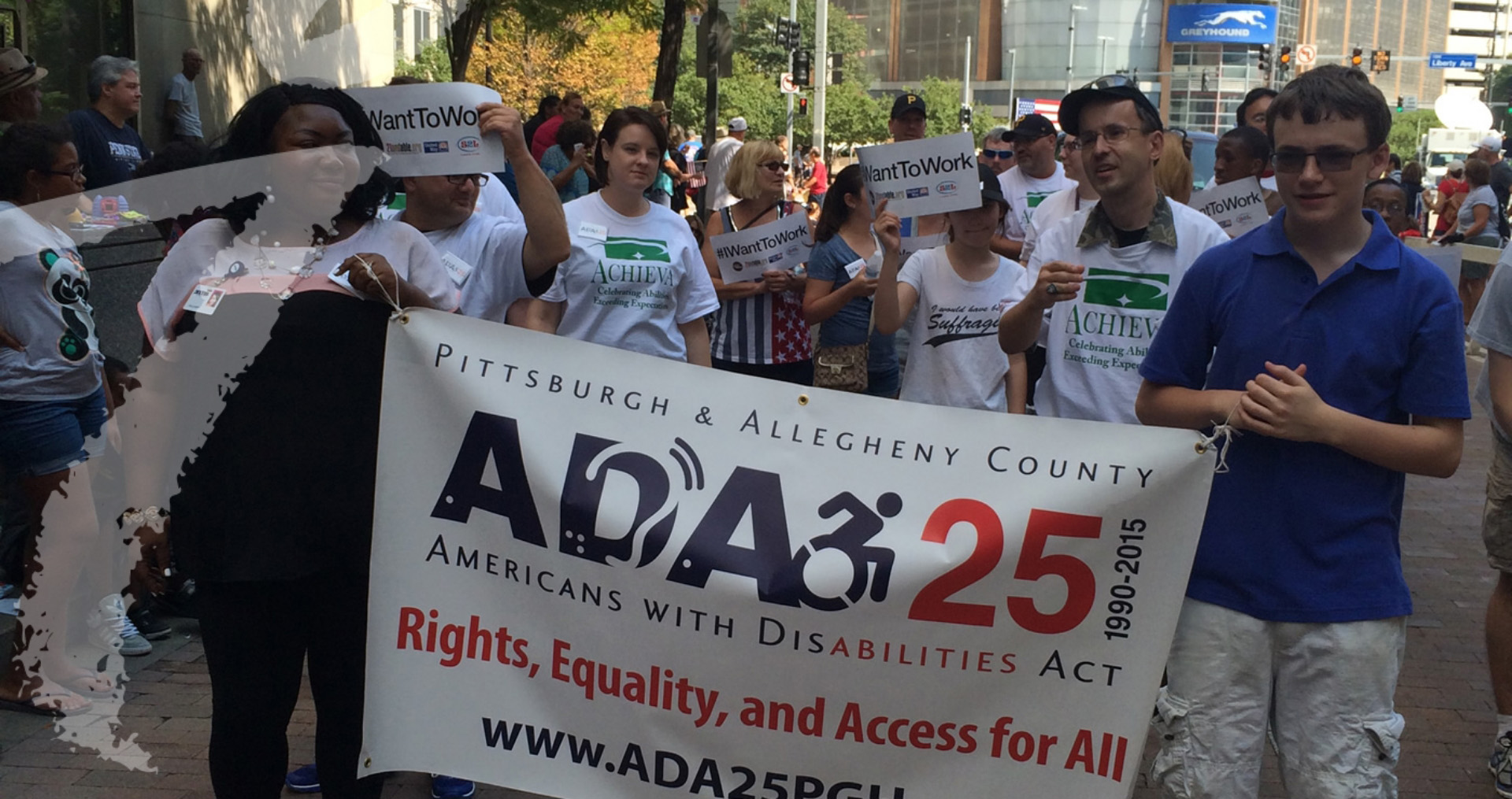FISA Foundation is proud to have supported the ACLU of PA in developing Student Arrests in Allegheny County Schools: The Need for Transparency and Accountability. FISA believes it’s imperative that school administrators, school boards, parents and advocates examine their own data about student arrests and use it to inform policy and practice.
The trends are clear and deserve urgent attention: schools are referring students of color and students with disabilities to the police at alarmingly high rates, often for minor offenses or for behaviors that are manifestations of disability. This report makes it clear that data on police referrals is flawed, inconsistent and incomplete.
A few key points :
- It has been established in other reports that Pittsburgh/Allegheny County is a national hot spot in referring more students (particularly students of color and students with disabilities) to the criminal justice system than 95% of other similar cities. This report looked at Pittsburgh Public Schools’ publicly disclosed data and found a serious flaw in tracking and a lack of transparency.
- During the 2017-18 school year, the Pittsburgh district reported 86 arrests and 395 law enforcement referrals to the state education department. That same school year, the district reported ZERO arrests to the U.S. Department of Education while the county juvenile court tallied 499 school-related arrests.
- Allegheny County Schools as a whole arrest students at school more than twice as often as the state average and three times as often as Philadelphia. Overwhelmingly, the charges were for relatively minor infractions – things that students should be disciplined for but that shouldn’t become police matters.
- Race and disability disparities in arrests are not unique to Pittsburgh Public Schools.
- The report breaks down individual school district data to show racial disproportionality in arrests in every Allegheny County public school district. In fact, the racial disparity gap was often larger in schools with a small minority population.
- Allegheny County schools arrest students with disabilities 2.5 times more often than students without disabilities (a greater disparity than the state or national rates). When race and disability intersect, the disparities are even greater. Black boys with disabilities are arrested at extremely high rates, nearly six times the rate of white boys with disabilities and 12 times the rate than white boys without disabilities.
- The data on arrests and citations at schools is flawed, inconsistent and incomplete. But the data that is available points to sustained patterns of over policing of students of color and students with disabilities.
The report offers a comprehensive set of recommendations to local and state officials, which, if implemented, would ensure better access to student arrest data; eliminate the everyday presence of police in schools; limit student-police interactions to emergencies and dangerous incidents; and reinvest money used for school police into student support programs and staff.

